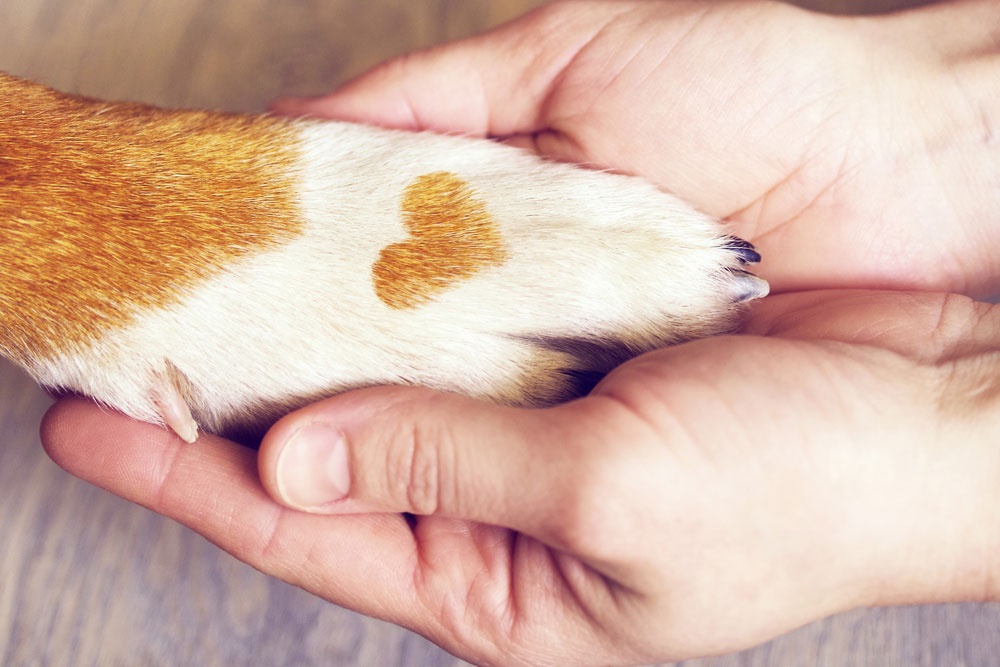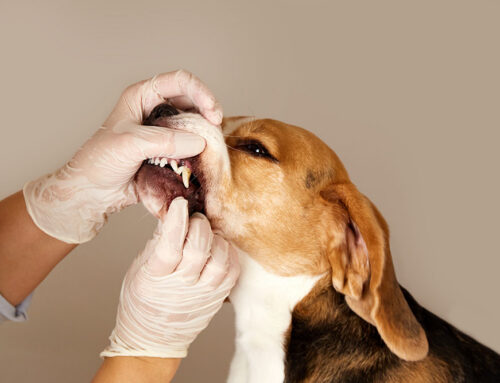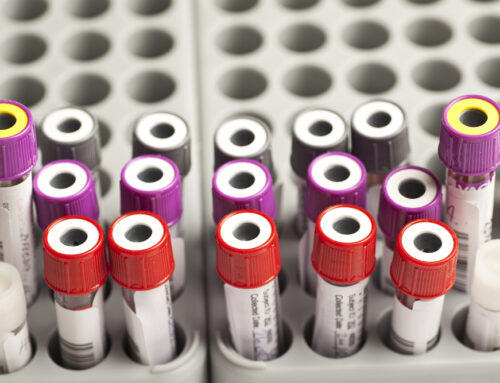When is the Right Time to Say Goodbye to Your Pet?
Deciding when to say goodbye to a pet is an emotionally challenging decision that every pet owner may face at some point. At Peak City Veterinary Hospital, we understand the profound impact this decision can have on you and your family. Our team is committed to providing compassionate care and support during these difficult times. If you are grappling with this decision, know that you are not alone, and we are here to help guide you through the process with understanding and empathy.
Understanding the Decision
Choosing to say goodbye to a beloved pet involves a complex interplay of emotional and medical considerations. It is crucial to assess your pet’s quality of life, which can be influenced by their ability to enjoy life’s simple pleasures such as eating, sleeping comfortably, and interacting with family. Quality of life assessments can be invaluable tools in these moments, providing a structured way to evaluate your pet’s well-being. These assessments can help you gauge the level of discomfort or pain your pet may be experiencing and guide you in making a compassionate decision about euthanasia.
Quality of Life Assessments
Quality of life assessments typically include considerations of pain management, mobility, appetite, hydration, and overall happiness. For instance, a pet that can no longer walk without pain, refuses food or water, or is unable to perform basic functions may have a diminished quality of life. Using a scoring system, often available through veterinary resources, can provide an objective measure to help in this deeply personal decision.
Medical Signs It Might Be Time
Recognizing the signs of irreversible health decline in your pet is a critical step in this process. Here are some medical indicators that it might be time to have a serious discussion about your pet’s quality of life:
- Chronic Pain: Pain that cannot be alleviated with medications or treatments can lead to a poor quality of life. For example, pets with severe arthritis or cancer might experience constant pain that affects their daily activities.
- Frequent Vomiting or Diarrhea: Persistent gastrointestinal issues can indicate severe underlying health problems. Conditions such as kidney failure or gastrointestinal cancer often manifest through these symptoms.
- Failure to Eat or Drink: A loss of appetite can signal that the body is beginning to shut down or that the pet is in significant distress. This is particularly concerning if accompanied by weight loss and lethargy.
When these signs are persistent, they can significantly degrade your pet’s quality of life. Monitoring these symptoms and discussing them with a veterinarian is essential to provide the best care for your pet.
Emergency Situations
An emergency situation related to these issues might include acute symptoms such as severe, unmanageable pain, sudden inability to walk or stand, or acute respiratory distress. If you notice any sudden changes in your pet’s condition, it is critical to seek immediate veterinary attention.
The Role of Veterinary Guidance
At Peak City Veterinary Hospital, our veterinarians are dedicated to supporting you through this tough decision. Through consultations and thorough health assessments, we provide insights into your pet’s condition and help you understand all available options. Our team is skilled in diagnosing the underlying causes of your pet’s symptoms and discussing potential treatment paths.
Diagnosis and Treatment
Diagnosing the root cause of your pet’s health issues is the first step in determining the best course of action. Our veterinarians may use a combination of physical exams, blood tests, imaging studies (like X-rays or ultrasounds), and other diagnostic tools to assess your pet’s health. Once a diagnosis is made, treatment options can be explored, ranging from medication and dietary changes to surgery or palliative care.
Long-Term Effects and Prevention
Understanding the long-term effects of your pet’s condition and potential outcomes is vital. Chronic illnesses, if left untreated, can lead to progressive deterioration and increased suffering. Preventive care, including regular veterinary check-ups, vaccinations, and a balanced diet, can help manage health issues before they become severe. For further information on preventive measures, visit our Preventative Care page.
Considering the Options
Discussing the euthanasia process can be emotionally difficult, but understanding what it involves can ease some anxieties about the decision. Euthanasia is typically a gentle and peaceful process, often involving a sedative followed by an injection that painlessly ends life.
Veterinary hospice care, on the other hand, focuses on making a pet’s final days or weeks more comfortable when a cure is not an option. We also explore all potential treatment paths, including surgery, which may be appropriate for some conditions. To learn more about these options, please visit our Veterinary Surgery page.
Emotional Support and Coping
Losing a pet is akin to losing a family member, and grief is a natural response. It’s important to seek support and allow yourself time to grieve. The American Veterinary Medical Association offers excellent resources on coping with pet loss, which you can access here. Additionally, sharing stories of your pet or celebrating their life can be therapeutic during this tough time.

Tips for Coping
- Create a Memorial: Celebrate your pet’s life by creating a scrapbook, photo album, or online tribute.
- Join a Support Group: Many communities offer pet loss support groups where you can share your feelings with others who understand.
- Talk to a Professional: Counseling can provide additional support and help you process your emotions.
How Peak City Veterinary Hospital Supports You
At Peak City Veterinary Hospital, we offer a range of supportive services, including counseling and memorial services. Our team understands the emotional weight of this decision and strives to support you with the utmost compassion and respect.
Making the decision to say goodbye to your pet is a profound act of love. It’s about putting their needs and comfort first, ensuring their final days are as peaceful as possible. If you are struggling with this decision, please do not hesitate to Contact Us. Schedule a consultation today to discuss your pet’s health and explore all options for their care and comfort.
Additional Resources for Further Reading
For those interested in learning more about how regular veterinary visits can help catch and manage health issues early, visit our Preventative Care page. Additionally, for more perspectives on saying goodbye, consider reading How to Say Goodbye.
At Peak City Veterinary Hospital, we are here to provide care and support for you and your pet during all stages of life, especially the most difficult ones.









Leave A Comment